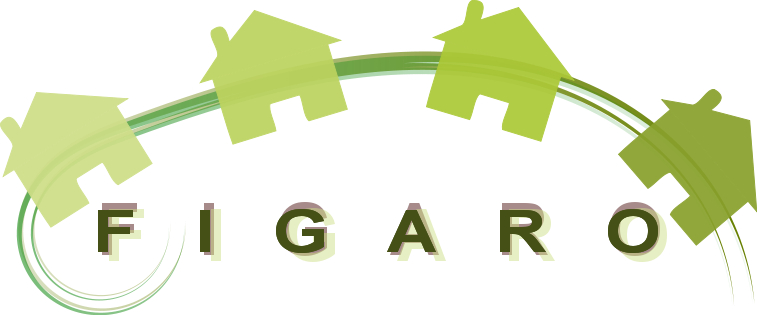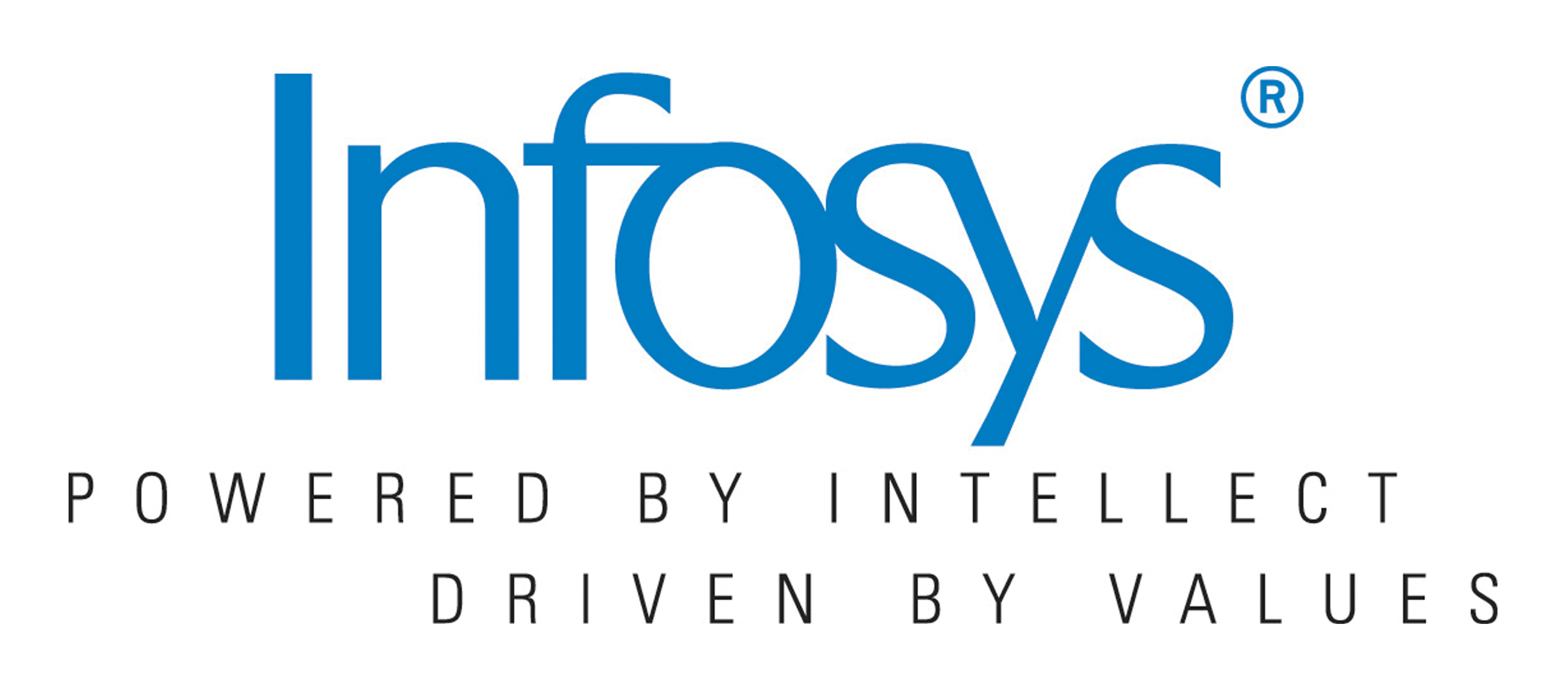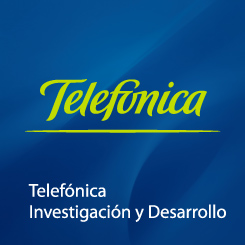Please also refer to the call for papers and the organization committee.
Program
| 9:00am - 10:00am | Keynote Talk by Ariane van de Ven (Telefónica O2 UK): Building the smart home of the future (Chair: Renata Texeira, CNRS and UPMC Sorbonne Universités) |
| 10:00am - 10:45am | Session #1: Performance of wireless home networks (Chair: Ratul Mahajan, Microsoft Research, Redmond) |
| Coordinated Architecture for Wireless Home Networks | |
| Kandaraj Piamrat and Patrick Fontaine (Technicolor) | |
| Uplink Traffic Control in Home 802.11 Wireless Networks | |
| Yanlin Li (Carnegie Mellon University) and Konstantina Papagiannaki and Anmol Sheth (Intel Research) | |
| 10:45am - 11:15am | Break |
| 11:15am-12:45pm | Session #2: Design concepts in home and access networks (Chair: Bruce Davie, Cisco) |
| Slicing Home Networks (best paper) | |
| Yiannis Yiakoumis, Kok-Kiong Yap, Sachin Katti, Guru Parulkar, and Nick McKeown (Stanford University) | |
| Powerboost | |
| Steven Bauer, David Clark, and William Lehr (MIT) | |
| Helping Users Shop for ISPs with Internet Nutrition Labels | |
| Srikanth Sundaresan and Nick Feamster (Georgia Institute of Technology), Renata Teixeira (CNRS/UPMC Sorbonne Unversites), Anthony Tang, W. Keith Edwards, Recca E. Grinter, and Marshini Chetty (Georgia Institute of Technology), and Walter de Donato (University of Napoli Federico II) | |
| Automating Energy Management in Green Homes (best paper) | |
| Nilanjan Banerjee (University of Arkansas) and Sami Rollins and Kevin Moran (University of San Francisco) | |
| 12:45pm - 2:00pm | Lunch |
| 2:00 - 3:30pm | Session #3: Home network diagnostics (Chair: Anmol Sheth, Technicolor) |
| Trouble shooting interactive Web sessions in a home environment | |
| Heng Cui and Ernst Biersack (Institut Eurecom) | |
| Analyzing IPTV Set-Top-Box Crashes | |
| Han Hee Song (University of Texas at Austin), Zihui Ge, Ajay Mahimkar, Jia Wang, and Jennifer Yates (AT&T Labs - Research), and Yin Zhang (University of Texas at Austin) | |
| Argumentation-based Fault Diagnosis for Home Networks | |
| Changyu Dong and Naranker Dulay (Imperial College London) | |
| Understanding 802.11 Performance in Heterogeneous Environments | |
| Kaushik Lakshminarayanan, Srinivasan Seshan, and Peter Steenkiste (Carnegie Mellon University) | |
| 3:30pm - 4:00pm | Break |
| 4:00pm - 4:45pm | Session #4: Content management in the home (Session chair: Nick Feamster, Georgia Institute of Technology) |
| Socially-aware Gateway-based Content Sharing and Backup | |
| Jin Jiang and Claudio Casetti (Politecnico di Torino) | |
| Home Networking as a Distributed File System View | |
| Serge Defrance, Rémy Gendrot, Jean Le Roux, Gilles Stra, and Thierry Tapie (Technicolor) | |
| 4:45am - 6:00pm | Panel: Home network services: should the intelligence be in the home or in the cloud? |
| Panelists: Christophe Diot (Technicolor), Ratul Mahajan (Microsoft Research), Dina Papagiannaki (Telefonica, Chair) Tom Rodden (University of Nottingham) | |
| 6:00pm | Finish |
Keynote: Building the smart home of the future
Speaker: Ariane van de Ven (Telefónica O2 UK)
Abstract:
In the future, our home will become a place of retreat from the pace of the outside world. With most of us leading global and mobile lifestyles, our homes, and the ability that we have to recreate a sense of home wherever we are will become increasingly important and will put more demands on technology. The home will be more connected, interactive and inclusive, allowing us to feel smarter, more efficient and empowered as human beings. Smart devices and apps will monitor consumption of energy, water and food instantly, enabling us to be more in tune with our environment.
The SMART HOME moves beyond simply measuring consumption towards self-adjustment in order to meet the needs of the inhabitants and deliver the most efficient solutions. Intelligent homes anticipate people's moods in a highly responsive environment. Technology allows us to synchronise our activities and our lives, and to align them with others. This places us in control, allowing us to play with time and make it work in our favour. We can reconnect with each other, with our passions and with ourselves. Home is where we recharge and relax, so we need it to offer security, as well as delineate our privacy --- it is the last truly private place in our hyperconnected society.
A growing emphasis on ``slow living'' is a response to our hyperconnected lifestyle --- we need to allow ourselves to dwell on a single task and enjoy processes rather than end results, whether it is cooking or playing or other favourite pursuits. The present becomes the focal point in a world that is dominated by parallel continuous activities. As technologies mature, the EMPATHIC and sensorial qualities of the home will become ever more sophisticated. The SMART HOME is not conceived to become obsolete, or designed for short-lived gratification. It is an investment in our future selves and an emotional commitment.
I will draw out the implications of this trend through 3 key areas:
THE INTEGRATED HOME: The home is not dissociated from the ``out of home'' anymore. People are increasingly social, thanks to technology. We put more demand on the home: we play more, we do more.
THE SECURED HOME: As the home is the last private place, consumers are increasingly concerned with security issues. They want to make sure their home is safe.
THE GREEN HOME: Given the choice, people will chose green energy because it is good for the environment and cost efficient. we can help educate consumers about their energy consumption to save energy and adopt more sustainable lifestyles.
Bio:
Ariane van de Ven is a Global Trends Expert with international experience, having worked as a trend consultant and strategist at Promostyl trend forecasting agency (Paris), 180 advertising agency (Amsterdam) and Brandhouse strategic creative agency (London). Her experience spans across diverse industries including luxury, FMCG, public sector, NGOs, fashion and technology.
She currently works at Telefonica, where she is responsible for developing a global trends programme providing leading edge thinking to inform innovation and business strategies.
Ariane organises trend conferences and workshops across the Telefonica group. She is also a public speaker for conferences such as Movilforum (Rio de Janeiro), Marketing Week Insight Conference (London), Media Arts Festival (London), BBC Music and Radio (London), IAB (London) NatMag Women Conference (London), Services 2020 BDO/The Economist (London). She has also lectured at Columbia University (New York City) and Telefonica Universitas (Barcelona) and contributes to industry publications such as Marketing Week, NMA, The Telegraph and Brand Management magazine.
Ariane is passionate about understanding what motivates the human brain and consider herself a techno-optimist.
HomeNets 2011 gratefully acknowledges sponsorship from:

|

|


















